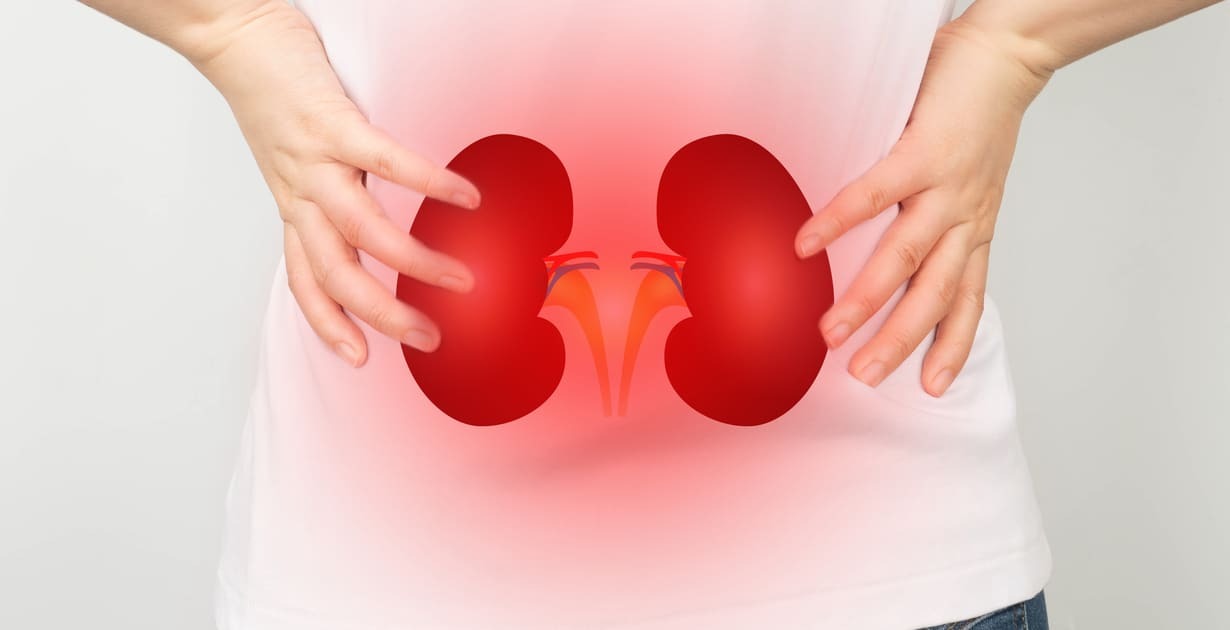Your kidneys are the body’s hidden guardians—working tirelessly to filter out waste, balance fluids, and keep you healthy. But when they start to struggle, the first whispers of trouble often appear in the quiet hours of the night.
Too often, these subtle clues are brushed off as “just getting older” or “drinking too much water.” But ignoring them could mean overlooking the early stages of kidney disease.
Here are five red flags at night that may point to poor kidney health:
1. Frequent Midnight Bathroom Trips
Waking up once in a while to urinate is normal. But if your nights are constantly interrupted by repeated trips to the bathroom, your kidneys may not be filtering properly. Excess fluid and toxins push your bladder to work overtime—often at night.

2. Persistent Thirst After Bedtime
Feeling unusually thirsty long after dinner? If your body keeps demanding water even while you’re trying to sleep, it could be a sign that your kidneys are struggling to regulate fluids. This isn’t just a nuisance—it’s a possible red flag.
3. Pain or Burning During Urination
That sharp sting or burning sensation when you go to the bathroom is more than discomfort. It may point to a urinary tract infection or inflammation tied to kidney issues. Left unchecked, these infections can climb upward and cause serious harm.

4. Blood in the Urine
Few things are as alarming as spotting blood in your urine. Whether it appears pink, brown, or reddish, this should never be ignored. Kidney stones, infections, or more severe conditions could be at play—prompt medical care is critical.
5. Restless, Interrupted Sleep
Struggling to stay asleep without knowing why? When kidneys fail to properly filter toxins, those waste products circulate in your body, leaving you restless and fatigued. Poor sleep may be your body’s way of crying out for help.

Why These Signs Matter
Kidney problems often develop silently—until it’s too late. But catching these subtle nighttime warnings can make all the difference. Early detection means early treatment, and early treatment may save your health.
So if you or someone you love is experiencing these symptoms, don’t dismiss them. Your body is speaking. Listen closely.
⚠️ Disclaimer: This article is for informational purposes only and should not replace professional medical advice. If you notice any of these symptoms, consult a qualified healthcare provider immediately.